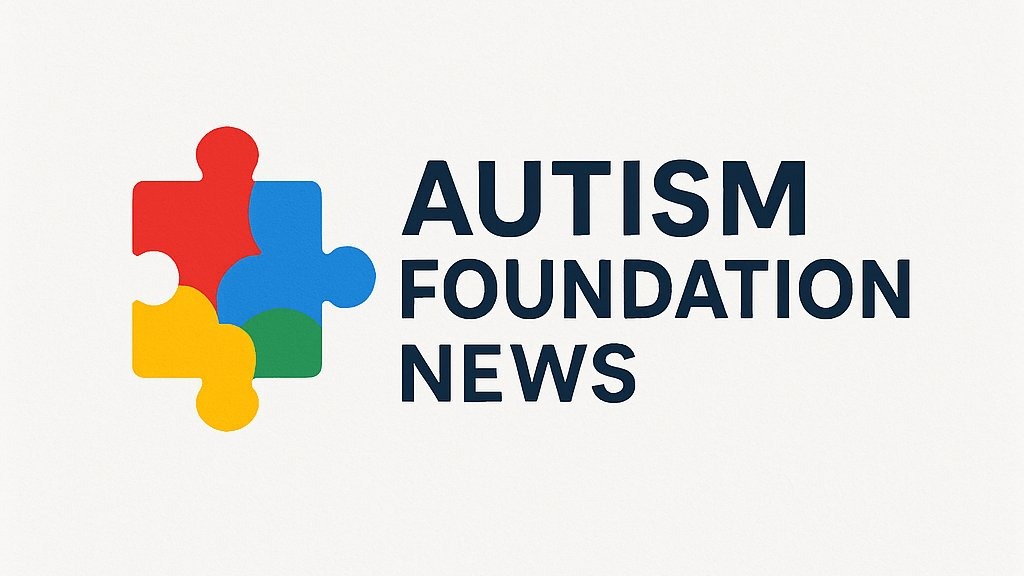
The Call for Inclusive Economic Systems
In the wake of increasing discussions around neurodiversity and its implications on economic systems, Robert Chapman’s book Empire of Normality has ignited significant insights regarding the relationship between neurodiversity and the prevailing capitalist frameworks. The underlying argument that current economic systems are often inherently exclusionary for neurodivergent individuals resonates not just within academic walls but also with everyday experiences of those on the spectrum. As we dive deeper into this discourse, it becomes clearer that while neurodiversity encompasses a broad range of talents and strengths, it also highlights the pressing challenges that these individuals face in securing meaningful employment.
Understanding Neurodiversity in the Workforce
Chapman aptly notes that neurodivergent people exhibit vast diversity beyond their marketable skills. Many who are richly endowed with unique abilities may still find themselves struggling due to the ableist tendencies entrenched in hiring practices. This reality can lead to chronic unemployment or insecure job situations, which is disheartening but needs to be acknowledged. Those with high support needs often navigate a complex maze of societal expectations that often overlook their potential contributions.
The Economic Reality: Unemployment and its Consequences
A pivotal point introduced is the concept that a certain level of unemployment is necessary within the capitalist system to maintain economic stability, a fact admitted by policymakers and central bankers alike. This economic reality comes with harsh implications: many neurodivergent individuals, despite having appropriate qualifications, become statistically more likely to face unemployment. When societies consider employment needs and balance economic interests, neurodivergent individuals frequently bear the brunt of systemic structures designed to prevent price inflation.
Emerging Initiatives for Inclusion
In response, organizations are beginning to implement hiring programs aimed at creating inclusive work environments that cater to neurodivergent individuals. While these initiatives offer hope and an avenue for better employment practices, it is essential to acknowledge that these efforts need to move beyond merely providing jobs that conform to societal norms. The true challenge lies in broadening the definition of what constitutes a competent employee—embracing not just skills but also diverse neurological profiles.
Future Directions: Advocating for Equitable Systems
What emerges from this dialogue is a call for a transformative approach to economic and societal reform. Instead of jolting towards radical changes, perhaps we should focus on gradual adaptations that respect the varied experiences within neurodiversity. The aim should be to create a system where every individual—regardless of neurological profile—can contribute meaningfully without being sidelined by entrenched societal biases.
Taking Action: The Path Towards Change
The implications of this discussion are profound, encouraging readers, particularly those within the neurodiverse community, to engage in advocacy efforts aimed at systemic reform. Sharing personal stories can foster deeper understanding and empathy among different societal groups, and funding grassroots initiatives can reinforce the voices of neurodivergent individuals. Only through collective action can we hope to reshape our economic systems into ones that embrace and celebrate diversity in all its forms.
As we continue to push for change, it is crucial to remember that every voice matters—each experience adds to the narrative of what society can achieve when it chooses inclusivity over exclusion. With ongoing dialogues and actionable insights, our collective efforts can pave the way for a more equitable future for everyone.
Call to Action: Let’s advocate together for inclusive economic systems that honor and enable the contributions of every neurodivergent individual. Share your experiences, support neurodiversity initiatives, and work towards fostering understanding and acceptance in our communities.
 Add Row
Add Row  Add
Add 




Write A Comment